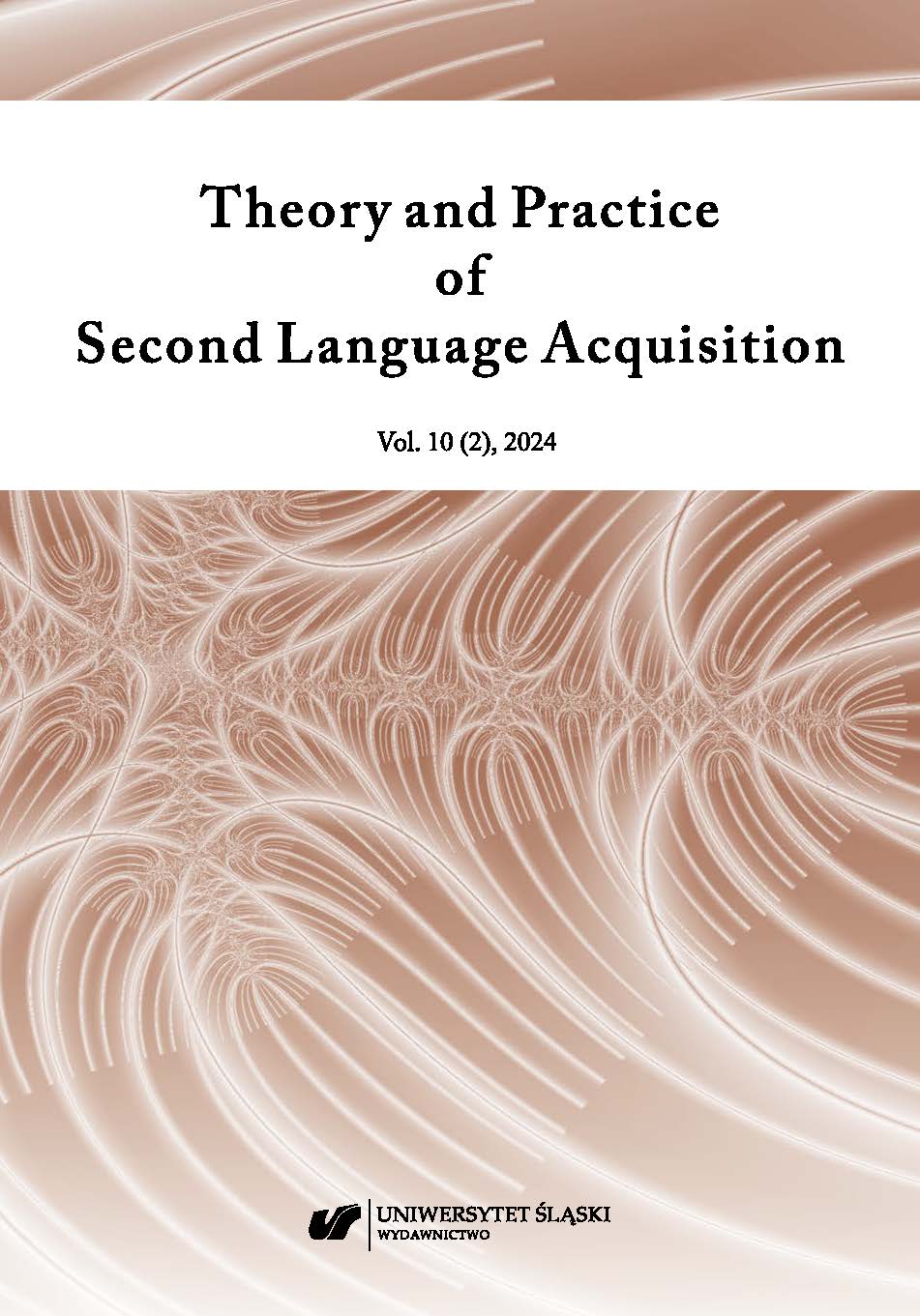Facilitating Learning of Generation Z Learners towards Effective Remote English Language Learning
Facilitating Learning of Generation Z Learners towards Effective Remote English Language Learning
Author(s): Rose Ann O. Torres, Ruth A. Ortega-Dela CruzSubject(s): Education, Foreign languages learning, Psychology, Theoretical Linguistics, Applied Linguistics, Language acquisition, Sociology of Culture, Distance learning / e-learning
Published by: Wydawnictwo Uniwersytetu Śląskiego
Keywords: ESL; Generation Z; remote learning; synchronous; teaching modality; techniques
Summary/Abstract: As remote English language learning has become widespread in the context of the global pandemic, it is essential to understand effective pedagogical practices specifically with the Generation Z population (born between 1997 and 2012) from economically less developed communities. Using a survey research design, the study identified the preferred remote teaching-learning modality and techniques among 75 Generation Z learners. An online survey was administered to randomly selected Junior High School students in the Philippines. The results revealed that synchronous learning was believed to be more helpful in enhancing the students’ English language learning, with techniques that encouraged them to speak and practice their grammar. Interactive group activities were mostly preferred by the learners to enhance their viewing, reading, listening, and writing skills. The study concludes with a discussion about teaching-learning techniques for teachers to successfully carry out a meaningful, enjoyable, and engaging learning experience toward effective remote English language learning.
Journal: Theory and Practice of Second Language Acquisition
- Issue Year: 2/2024
- Issue No: 10
- Page Range: 1-18
- Page Count: 18
- Language: English

